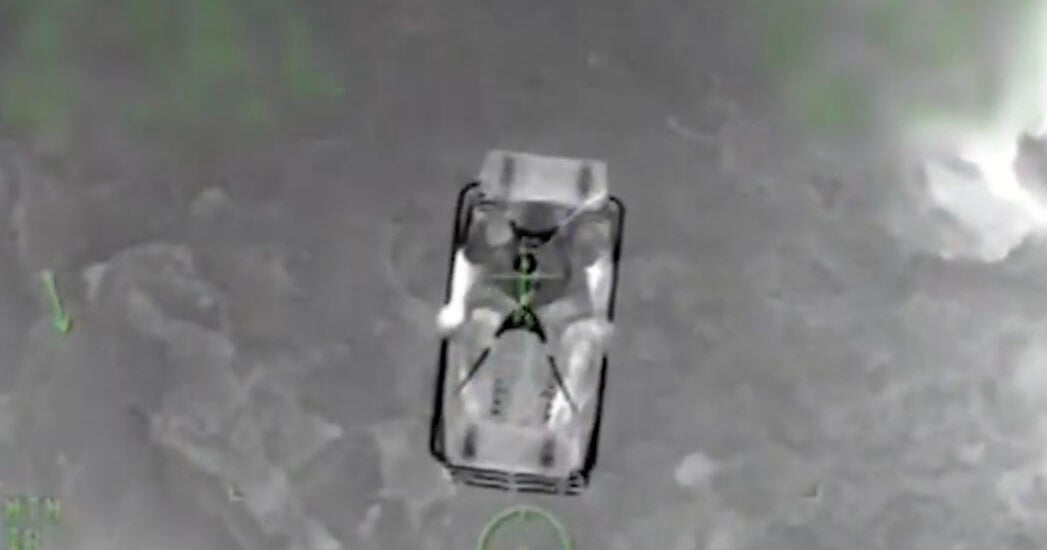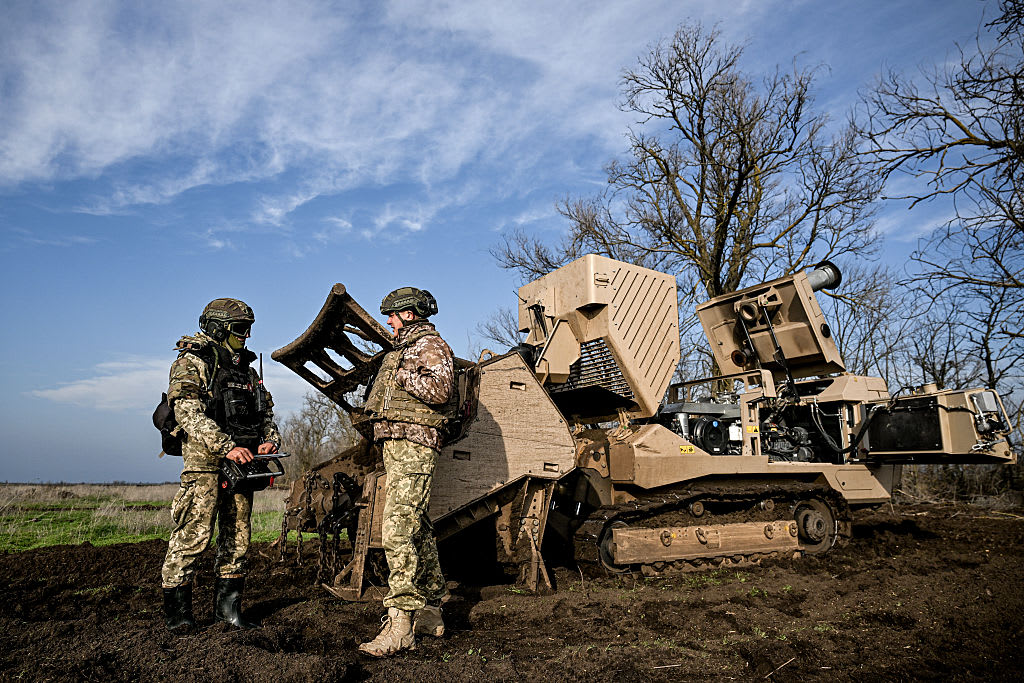National Guard shoots down "false" Russian report about U.S. troops in Ukraine
The National Guard disputed a Russian media report that claimed three American soldiers were killed in Ukraine. In a statement on Thursday, the guard said not only was the report "false," but that the soldiers named in the report were not even in Ukraine.
Earlier Thursday, Russian online news site "Pravda" reported three Tennessee National Guard members were killed in Marinka, Ukraine, and labeled them "mercenaries." However, the National Guard refuted the allegations in a statement the same day.
"They are accounted for, safe and not, as the article headline erroneously states, US mercenaries killed in Donetsk People's Republic," the office of the Tennessee Adjutant General said.
The soldiers identified in the Russian report are either current or former members of the Tennessee National Guard, the statement added. They were allegedly targeted after members of the Tennessee National Guard's 278th Armored Calvary Regiment took part in a 2018 multinational training mission in Ukraine, and the Defense Visual Information Distribution Service published articles on the mission.
More than 200 soldiers assisted the Ukrainian Armed Forces with the development of a combat training center during the 2018 mission. All Tennessee National Guard members returned safely in 2019, the statement said.
While a war wages on in Ukraine, concerns about Russian's disinformation and misinformation efforts continue to grow. Russia banned Instagram, closed down its independent news outlets and passed a new law this month threatening journalists with lengthy prison sentences if they publish so-called fake information about the country's armed forces.
Nika Aleksejeva, the lead digital forensic researcher in the Baltic States at the Atlantic Council's Digital Forensic Research Lab, told CBS News on Thursday that the information space is the "battlefield" and Russia is trying to taking control of it "as much as it can," as it works to "demoralize" Ukrainian soldiers and control the message domestically.
"The [Russian] propaganda machine is working fully to provide justifications for the so-called military operation," Aleksejeva said.





